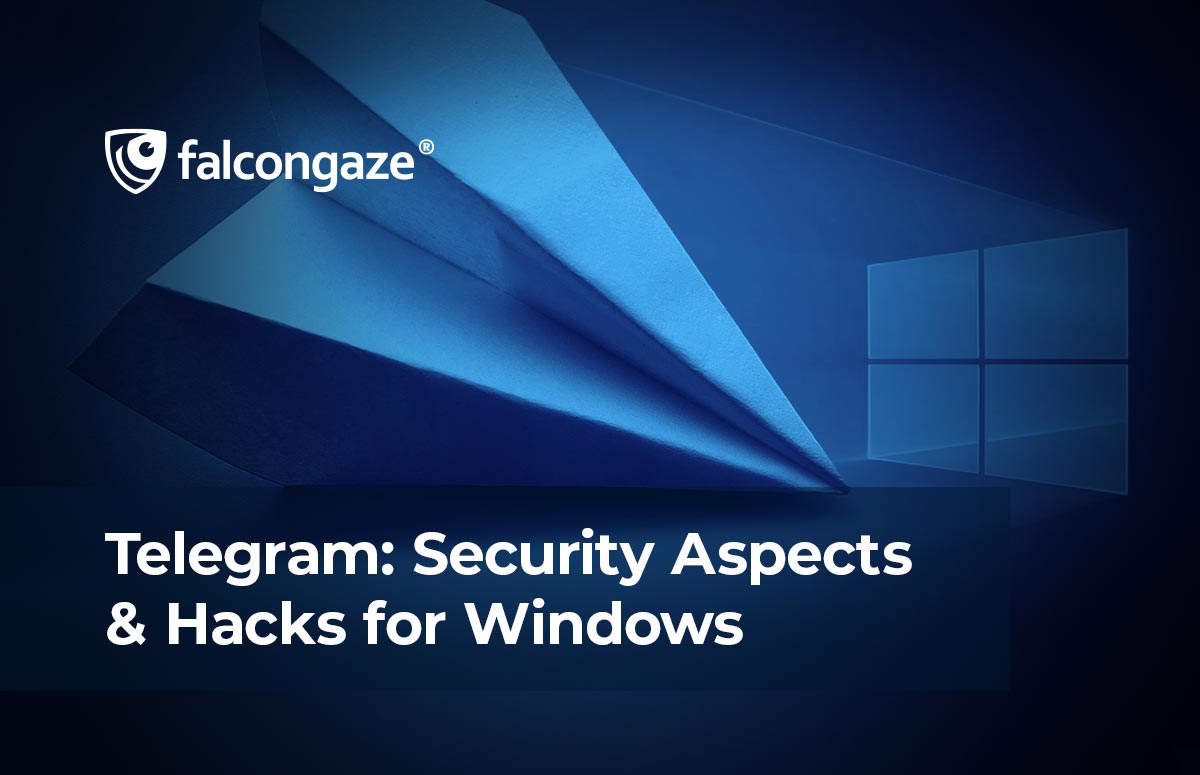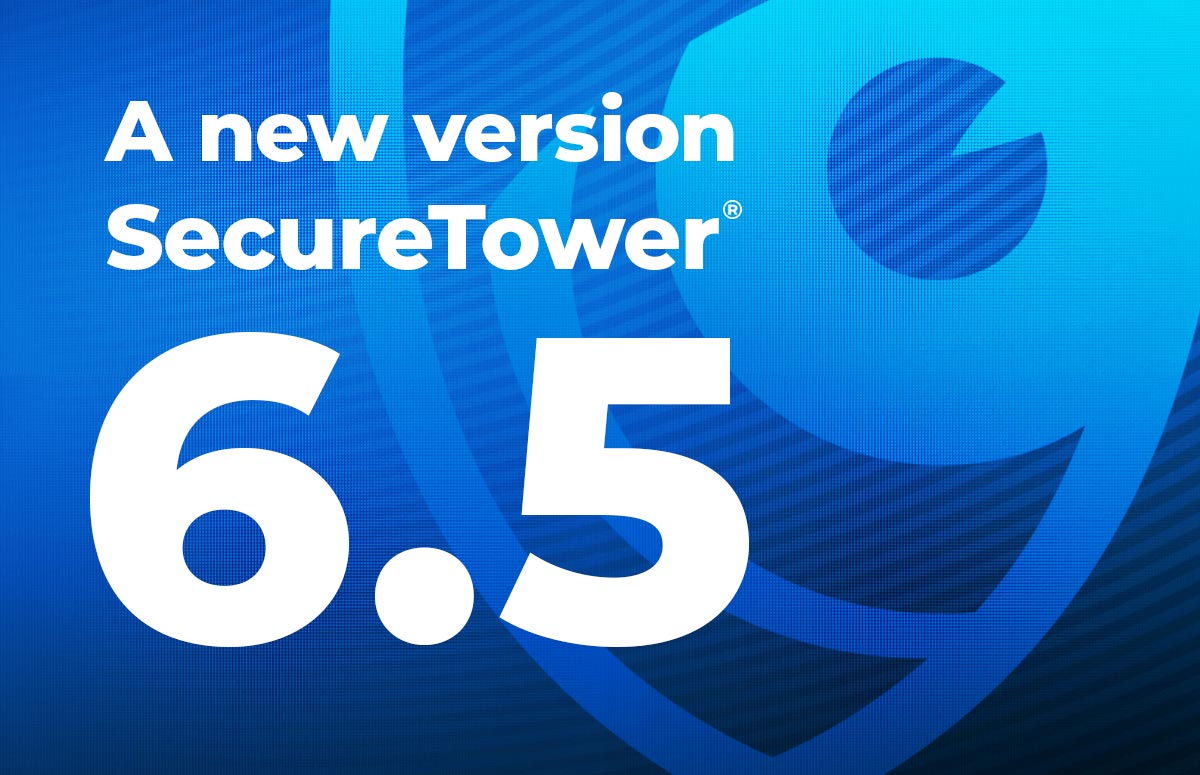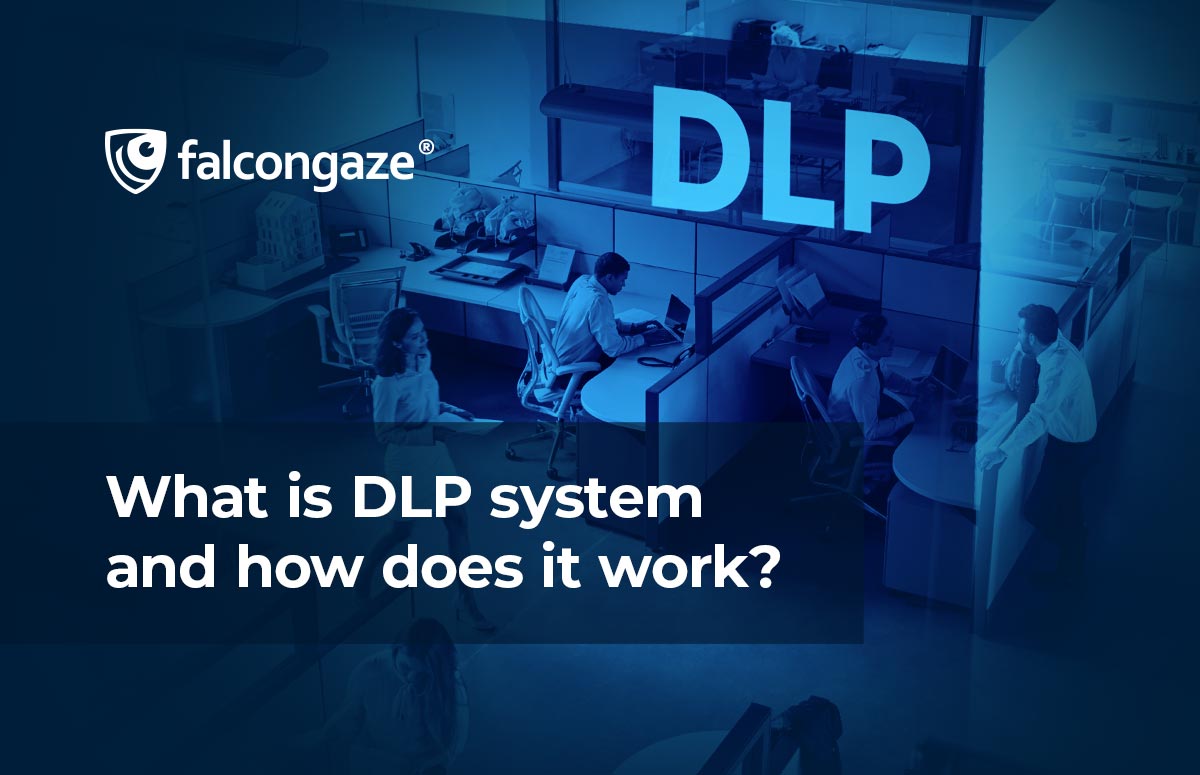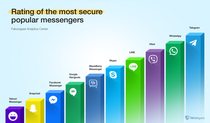

Telegram: Security Aspects & Hacks for Windows
As we know, Telegram is a well-known cross-platform messaging system with the function of cloud-basement. It provides a bunch of functions including end-to-end encrypted video calling, voice messaging, sharing files and many more features which help to get the connection of a very high level.
Telegram has many services, the services are spread worldwide to help to process the most used loads of data with info centers in different areas, meanwhile the main operational center, which controls all the most important servise’s moves is based in Dubai region. Client apps are available for the great variety of PC and mobile platforms, official apps are available and updated for Windows, Android, iOS and Linux and some others. Registration requires an iOS or Android device and a phone number, which is being used on a daily basis.
Telegram uses for logins one-factor SMS authentication. It means that a one-time code that is sent via SMS, then it is required to log into the account by default, the user just enters it while logging in, but there’s an option to create a password as a form of two-step verification, which mean the better privacy, of course.
The official components of Telegram are open sourced, but there’s an exception for the server which is proprietary (secured by author’s rights) and stated to be close sourced.
Encryption scheme of the messenger
MTProto is a specially developed symmetric encryption scheme used by Telegram messenger. The developer of the protocol is Nikolai Durov, he co-worked with other developers at Telegram to improve the system, the protocol is based on Diffie–Hellman key exchange, 256-bit symmetric AES encryption and 2048-bit RSA encryption. Nowadays these are the most frequently used sources of encryption.
Servers
Telegram uses centralized servers with instant messaging protocols. Telegram Messenger has many servers spread in a bunch of countries all over the world to speed up the time response to user. Telegram's software proprietary, means having author’s privacy on some parts. Pavel Durov once said the system would need a major core upgrade of the side software to link independent servers to the Telegram cloud from the outside, that will critically improve the whole servers’ management.
Security
Security model of Telegram has recently got a note of criticism by cryptography experts. They were unsatisfied with the general security model and its functioning, it turns out it permanently keeps all messages, contacts and media together with the decryption keys on servers which does not enable end-to-end encryption for messages by default. Pavel Durov has desagreed with the statement because, according to him, it helps to avoid side uncontrolled backups and attacks, and to allow users to access their data from any device, what contributes to the messenger’s wide use. In December 2020, a cryptography work titled "Automated Symbolic Verification of Telegram’s MTProto 2.0" was published, there it was confirming the security of the new version of MTProto 2.0 and reviewing it, which means the success of Telegram has been approved.
The scientists provided that the results of research is fully automated proof of the quality of MTProto 2.0’s and its authentication methods, adding to this normal chat, end-to-end encrypted chat, and re-keying mechanisms. The respect goes to several security properties like authentication, confidentiality and perfect data secrecy. As to their words, Telegram "proves the formal correctness of MTProto 2.0". It concernes the lack of security while confirming the protocol's latest version.
The German consumer organization Stiftung Warentest on 26 February 2014 discussed several data-protection aspects of Telegram and their future improvement. The community was good to Telegram's chats, which are secure and partially free code but criticized the necessary transfer of contact data servers for the system’s safety. They were unfavorable to lack of confirmed data or at least the address on the website. They stated that when the message info is well-coded on the device, it is unavailable to analyse the transmission and update the code.
In February 2015 the organization called Electronic Frontier Foundation mentioned Telegram messenger on its "Secure Messaging Scorecard". Telegram's secret chat function of end-to-end encryption, scored of 7 out of 7 points on the scorecard. The community stated the projects "on the right track" and claimed it to gain more popularity in the future.
In July 2021, cryptographers from Royal Holloway (London) announced the analysis of the MTProto protocol. They have concluded that the protocol provides a reliable and protected channel for the instant messaging, also they mentioned the strengthened level of encryption.
How to Protect Telegram Messages With a Passcode on Windows
On Windows, you can add a letter-numeric passcode for securing your Telegram messages. Here we offer the way how to go for it.
- Open the Telegram app on your Windows PC.
- First click on the menu icon at the left of the window and select Settings.
- Then out of Settings, select Privacy and Security.
- Scroll down to the Local Passcode and click Turn on local passcode.
- Enter the code and click the Save when you're ready. The two more options under the setting will be added to Turn on local passcode.
- Under the Local Passcode section, you can choose the time duration for the new option for Auto-lock to let the app autolock Telegram if you're away for 1 hour, 5 hours, etc. Once done, press Esc exit.
Use a proxy server
Telegram additionally has the option of setting different kinds of proxy, where you can get the greater privacy while chatting.
If to configure it, we press on the three-bar button in the upper left part, and click the “Settings” section. Later we go to the “Advanced” option and in the first option that of “Network and Proxy” we click on “Connection type” and, finally, “Use custom proxy” if needed.
Telegram is gaining popularity every day, and after the collapse of WhatsApp and Facebook on October 5, 2021, 70 million new users joined Telegram per day. It has become more convenient for people to conduct business correspondence in Telegram, which means that the amount of confidential information in chats is growing exponentially. We hope our article will help you secure your data as much as possible!







.png)





